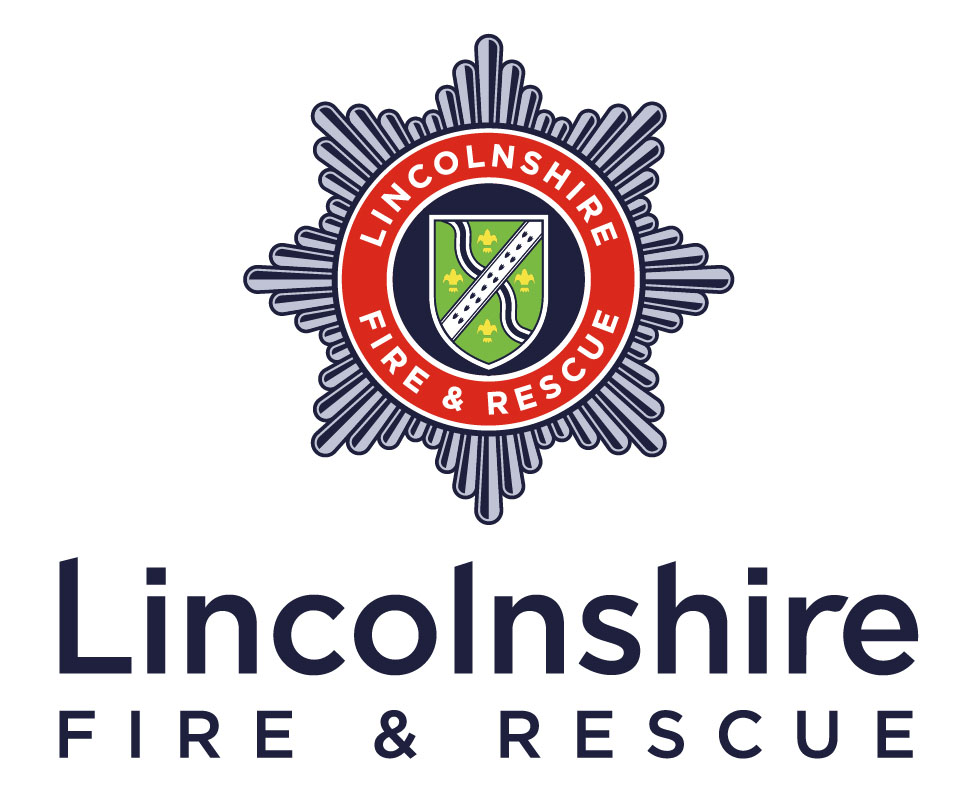False fire alarms are costly to the fire service and your business due to the disruption they cause.
They have a major impact by reducing the availability of fire appliances to attend genuine emergencies and impact the vital prevention work and training we do.
There is also a risk that a system generating false alarms may be ineffective, as people will lose confidence in the alarm system and may not respond properly in a real fire.
By law, you must maintain your fire alarm system to reduce the number of false alarms.
You must also have someone who is able to respond to the premises within 20 minutes, often referred to as a ‘keyholder’.
On 1 April 2020 we introduced a new procedure to help reduce the number of false alarms we attend.
If an alarm receiving centre informs our fire control that an alarm has activated in lower risk commercial premises, we will require someone on site to confirm there is a fire before any appliances attend.
If crews do attend the premises and there is no fire, they will decide the best course of action, even if no-one is on site.
To help keep false alarms to a minimum, you should:
- make staff or contractors aware of the automatic fire alarm system
- ensure the fire alarm system is suitable for the way you use your premises
- inform the alarm receiving centre when you are testing the system
- ensure contractors do not generate heat, smoke or flame without permission
- not allow any renovation works unless you take the relevant precautions
The responsible person has a duty to ensure the fire safety management of the premises and must:
- review the Fire Risk Assessment annually and also when any changes occur that introduce new significant hazards
- train staff to safely investigate the activation of the fire alarm system
- ensure that 999 is called immediately in the event of a fire or any physical signs of a fire are discovered
Charges for false alarms
If we respond to a false alarm more than once in 12 months, it is unacceptable.
We will send you a letter each time, offer advice and suggest actions for you to take.
We will charge you for the fourth and all further call-outs in a 12-month period.
This is part of the national drive led by the National Fire Chiefs Council (NFCC) to reduce the impact of unwanted fire signals.
If you require tailored advice or support please contact us via email Fire.Safety@lincolnshire.gov.uk.
Further information

